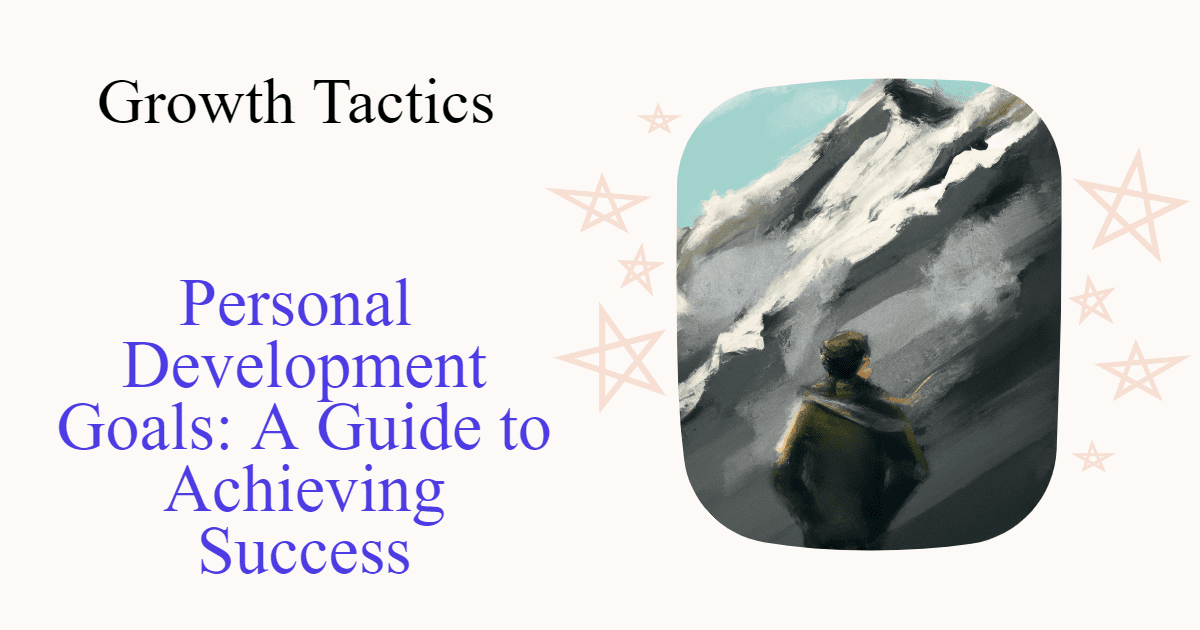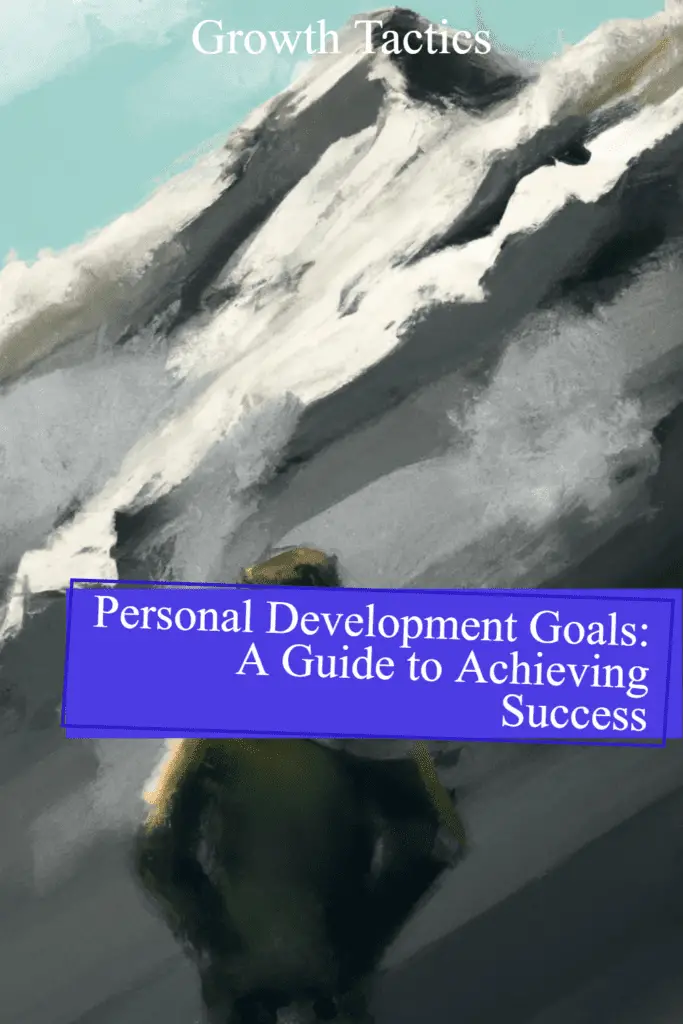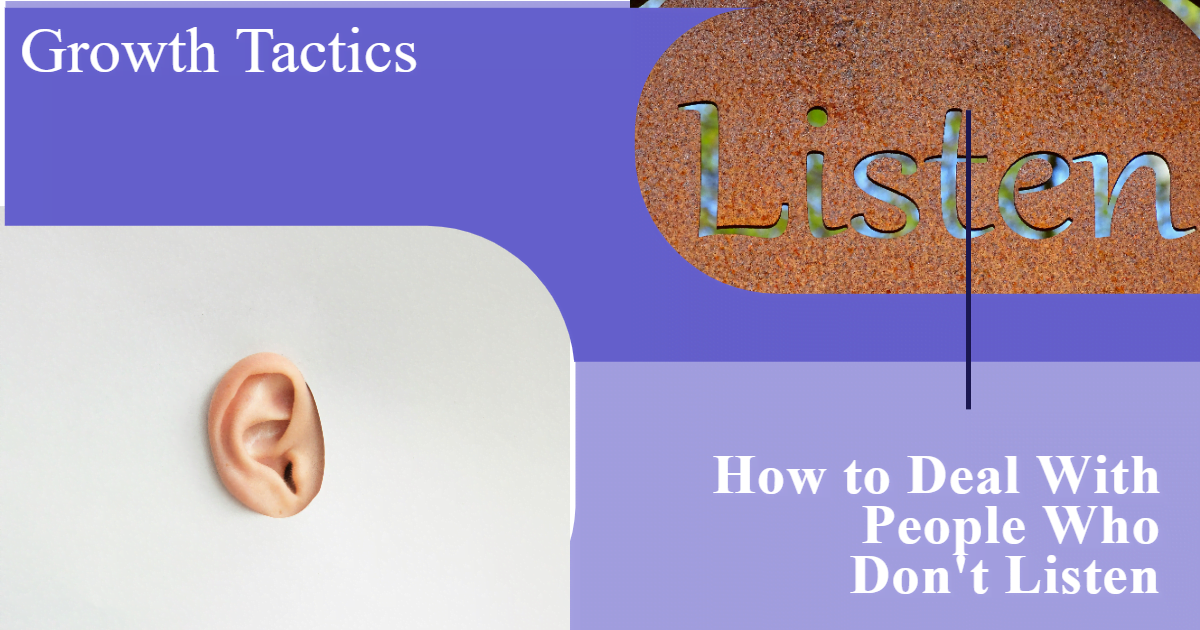Last Updated on December 22, 2023 by Milton Campbell
Personal development goals are an essential tool for people who want to improve and grow in various areas of their lives.
Do you have a growth mindset?
If this sounds like you this article will give you everything you need to set and reach your personal development goals.
What is Personal Development?
Personal development is the process of improving yourself as an individual. This can include exploring your interests, developing new skills and abilities, or simply learning more about yourself.
Personal development differs from professional development in that it focuses on improving your personal life rather than advancing your career. Although one often leads to the other. For example, if you develop something in your personal life it can often build your professional life too.
The Benefits of Setting Goals
Setting goals is a great way to keep yourself motivated and on track with your personal development. It’s also a good way to measure your progress over time, so you can see how much you’ve achieved in relation to what you set out to do.
Setting goals gives us something concrete and measurable against which we can measure our success or failure at achieving them. Goals help us focus on what matters most in life, rather than getting distracted by other things that may not be as important (like watching TV).
Goals give us direction, motivation, and inspiration when times get tough because they remind us of why we’re working hard in the first place. So that one day soon our dreams will come true!
Types of Goals
There are different types of goals. Long-term goals are far off in the future and may take years to achieve, such as graduating college or buying your first house. Short-term goals are more immediate, like getting an A on your next exam or losing 5 pounds before summer vacation.
SMART goals are specific, measurable, attainable/achievable (or realistic), timely, and relevant to your life right now. An example would be: “I will lose 10 pounds by July 1st.” This is a good SMART goal because it’s specific (lose 10 pounds), measurable (you can weigh yourself), and has a deadline (July 1st). It also has some relevance for you right now since summer is approaching!
An AIPRM goal stands for “Achievable/Attainable Important Priorities & Motivations”. This type of goal helps you prioritize what matters most in life so that when things get busy or stressful at work/home etc., those priorities stay top-of-mind even though there might be other things competing for your attention at times too!
Tools to Help Achieve Goals
There are many tools available that can help you achieve your personal development goals. Here are three of the most popular ones:
Goal Tracking Apps
Goal-tracking apps are a great way to help you stay on track with your personal development goals. These apps allow you to set your goals and track your progress toward achieving them.
They often have features such as reminders, progress tracking, and even rewards for completing specific milestones. Some popular goal-tracking apps include Habitica, Strides, and Trello.
Goal Setting Worksheets and Planners
Goal-setting worksheets and planners are a more traditional way of setting and tracking your personal development goals. These tools often provide you with a structured approach to goal setting, breaking your goals into smaller, more manageable steps.
They also provide space for you to track your progress and reflect on your achievements. Some popular goal-setting worksheets and planners include the Passion Planner and the Goal Getter Workbook.
Goal Setting Journals
Goal-setting journals are another great tool for those looking to achieve their personal development goals. These journals often provide prompts and exercises to help you define your goals, develop action plans, and track your progress.
They can also give you space to reflect on your achievements and areas for improvement. Some popular goal-setting journals include the BestSelf.co Journal, the Bullet Journal, and the Panda Planner.
Overall, using tools like goal-tracking apps, goal-setting worksheets and planners, and goal-setting journals can be incredibly beneficial when it comes to achieving your personal development goals.
By using these tools, you can create a structured approach to goal setting, track your progress, and stay motivated along the way.
How to Set Goals
Setting goals is an important step in achieving personal development and growth. By setting goals, you give yourself direction and purpose, and you can measure your progress along the way. Here are some tips on how to set effective goals:
- Be specific: When setting goals, be as specific as possible. Instead of setting a vague goal like “get fit,” set a specific goal like “run a 5k in under 30 minutes.”
- Make them realistic: Make sure your goals are realistic and achievable. Setting unrealistic goals can lead to frustration and disappointment, which can ultimately derail your progress.
- Set a deadline: Assign a deadline to your goals to help you stay focused and motivated. Make sure your deadline is realistic and gives you enough time to achieve your goal.
- Break them down: Break your goals down into smaller, more manageable steps. This will make them less overwhelming and easier to achieve.
- Write them down: Write your goals down and keep them somewhere visible. This will help remind you of what you’re working towards and keep you motivated.
- Review and adjust: Regularly review your goals and change them as necessary. As you progress, your goals need to be tweaked or set new goals altogether.
Remember, setting goals is an ongoing process. It takes time and effort to achieve personal growth and development, but by setting effective goals and staying committed to them, you can achieve great things.
Examples of Personal Development Goals
Here are some examples of personal development goals in various areas of life:
- Career:
- Improve time management skills to increase productivity
- Develop leadership skills to take on more responsibility at work
- Learn a new skill or certification to enhance job performance
- Health:
- Develop a regular exercise routine to improve physical fitness
- Establish a healthy eating plan to improve nutrition
- Reduce stress levels through meditation, yoga, or other stress-reduction techniques
- Relationships:
- Improve communication skills to better express thoughts and feelings
- Develop conflict resolution skills to resolve disagreements effectively
- Build stronger relationships with family and friends by spending more quality time together
- Education:
- Attend a professional development course increase knowledge and skills
- Read a book or take an online course to learn a new subject
- Improve study habits to achieve better grades or academic performance
- Creativity:
- Learn a new hobby or skill to express creativity
- Set aside regular time for artistic pursuits, such as writing, painting, or music
- Attend a workshop or seminar to improve creative skills and techniques
These are just a few examples of personal development goals. The key is to identify areas where you want to improve and create specific, measurable objectives to achieve them.
Creating an Action Plan
Now that you’ve decided what your goal is, it’s time to create an action plan.
Creating an action plan is an essential step in achieving your personal development goals. An action plan is a detailed roadmap that outlines the specific steps you need to take to achieve your goals. Here are some key steps to follow when creating an action plan:
- Define your goal: The first step in creating an action plan is to clearly define your goal. Be specific about what you want to achieve and why it’s important to you.
- Break down your goal into smaller steps: Once you’ve defined your goal, break it down into smaller, more manageable steps. This will make it easier to take action and track your progress along the way.
- Set deadlines: Assign deadlines to each of the steps you’ve outlined in your action plan. This will help you stay focused and motivated, and ensure that you’re making progress towards your goal.
- Identify potential obstacles: Identify any potential obstacles that may get in the way of achieving your goal. This could include things like lack of time or resources, or unexpected challenges that may arise along the way.
- Develop solutions for overcoming obstacles: Once you’ve identified potential obstacles, develop solutions for overcoming them. This may involve seeking support from others, adjusting your timeline, or finding alternative resources.
- Monitor your progress: Regularly monitor your progress towards achieving your goal. This will help you stay on track and make adjustments to your action plan if necessary.
- Celebrate your successes: Celebrate your successes along the way. This will help keep you motivated and remind you of the progress you’ve made.
By following these steps and creating a detailed action plan, you’ll be well on your way to achieving your personal development goals. Remember, the key to success is to stay focused, motivated, and committed to taking action towards your goals each and every day.
Staying Motivated
Staying motivated is one of the most important aspects of your personal development goals. It’s easy to get discouraged and give up when things aren’t going well, but if you have a support system in place and set reminders for yourself, it will be much easier for you to stay on track.
It’s also important to remember that this isn’t just about achieving success. It’s also about having fun! If something isn’t out as or feeling like fun anymore, don’t be afraid to change course.
Remember, there are plenty of other ways that we can grow as individuals. Sometimes they’ll look very different from what we originally imagined them to be (and sometimes they won’t).
Managing Setbacks
Managing setbacks is an important part of the process. It’s easy to get discouraged when things don’t go as planned, but it’s important to remember that setbacks are opportunities for growth and learning. In fact, many people find that their best ideas come from failed attempts at reaching a goal or from unexpected challenges along the way.
To stay on track with your goals and overcome obstacles, you must remain flexible about them. And even re-evaluate them if necessary! If one approach isn’t working out for you or doesn’t feel right anymore due to changes in circumstances, try another tactic instead.
This will help keep things fresh and interesting while also keeping up with current trends in personal development practice (such as mindfulness meditation).
Celebrating Successes
Celebrating your successes is an important part of the process. It’s not just about patting yourself on the back; it’s also about setting new goals and rewarding yourself for what you’ve achieved so far.
This can be as simple as taking a walk in nature or going out to dinner with friends, but it should be something that makes you feel good about yourself and gives you motivation to keep going.
When we talk about celebrating success, we’re not just talking about big achievements like landing a promotion or getting into medical school. We mean any time that something goes right in your life! If you pass an exam with flying colors, celebrate it by treating yourself to something fun.
If someone compliments one of your outfits at work today, take time out later tonight to enjoy some chocolate cake. Celebrating small victories helps keep us motivated when times get tough because they remind us how far we’ve come since and they give us hope for what lies ahead!
Conclusion
In conclusion, personal development goals are a powerful tool that can help individuals achieve their dreams, fulfill their potential, and lead a more satisfying life. By setting specific objectives, creating a plan of action, and taking consistent steps to achieve them, individuals can grow and improve in various aspects of their lives.
The journey toward personal development can be challenging, but the rewards are immeasurable. As you embark on this journey, keep in mind that every step you take towards your personal development goals is a step towards a better version of yourself.
So, stay motivated, remain focused, and believe in yourself, and you’ll be amazed at the incredible progress you can make. Remember, the sky is the limit when it comes to personal development goals, and with determination and hard work, you can achieve anything you set your mind to.
Did you enjoy this article on how to set personal development goals? Please share and subscribe below.








